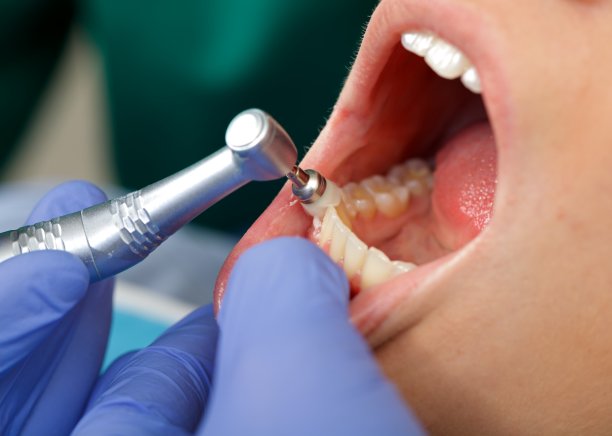Essential Guidelines for Ensuring Safe and Successful Dental Implant Procedures You Should Know
Summary: Dental implants have revolutionized the field of restorative dentistry, offering an effective solution for individuals suffering from tooth loss. However, the success of the procedure greatly relies on adhering to essential guidelines. This article explores critical aspects, including patient evaluation, pre-operative preparation, surgical technique, and post-operative care. Each section underscores vital components that contribute to safe and successful dental implant procedures. By understanding these guidelines, both patients and professionals can ensure optimal outcomes, leading to improved oral health and quality of life.
1. Patient Evaluation and Selection Process

The initial step in ensuring a safe and successful dental implant procedure begins with thorough patient evaluation. Dentists must assess the overall health of the patient, including their medical history, dental history, and specific factors related to oral health. Conditions such as uncontrolled diabetes, autoimmune disorders, or gum disease may impact the success of the implants and should be carefully considered.
Furthermore, imaging techniques such as X-rays or CT scans are crucial during the evaluation phase. These scans provide valuable insights into the jawbones density and volume, helping to determine whether the patient has enough bone to support the implant. In some cases, bone grafting may be necessary to ensure a stable foundation for the implant.
Lastly, discussing the patients expectations is essential. Clear communication regarding the objectives, potential risks, as well as the procedures benefits, will help align the patients understanding and ensure they are suitable candidates for dental implants.
2. Importance of Pre-Operative Planning
Once the patient has been evaluated and deemed suitable for the procedure, pre-operative planning becomes essential. This phase involves creating a detailed treatment plan that accounts for the specific needs of the patient. Considerations include selecting the appropriate type of implant, determining the ideal placement site, and evaluating any need for adjunctive procedures, such as sinus lifts or bone grafts.
Moreover, pre-operative assessments must include a comprehensive review of medication and potential allergies. Certain medications, such as anticoagulants, can increase the risk of complications during surgery. Therefore, patients must discuss their current medications with their dentist to develop strategies for managing them around the time of the procedure.
Additionally, preparing the patient psychologically is another critical aspect of pre-operative planning. Addressing any anxieties and fears ensures that the patient is mentally prepared for the procedure, leading to a more favorable experience and outcome.
3. Mastering Surgical Techniques for Implants
The surgical phase is paramount in executing a successful dental implant procedure. Dentists must employ precise surgical techniques to ensure a proper fit and integration of the implant with the jawbone. A sterile environment is crucial, along with the use of proper anesthesia techniques to maximize patient comfort and minimize pain.
Moreover, the placement technique, whether flapless or with flap, must be chosen based on the clinical situation. Flapless surgery is less invasive and can enhance recovery times, whereas traditional methods may offer better visual access to the implant site. The surgeon must select the appropriate method based on individual patient needs and implant position.
Keeping up with the latest advancements in dental implant technology is also beneficial. Utilizing computer-guided surgery and advanced implant materials can greatly improve the accuracy of placement and overall success rates. Staying informed about the best practices is key to mastering the skills necessary for effective implant procedures.
4. Ensuring Effective Post-Operative Care
The post-operative phase is critical for achieving the desired long-term results with dental implants. Patients must receive clear instructions regarding their self-care routines, including how to manage any pain or swelling. This guidance may involve the use of ice packs, over-the-counter pain medications, and adhering to prescribed antibiotics to prevent infection.
Another vital component of post-operative care is regular follow-up appointments. These visits allow the dentist to monitor the healing process and address any complications promptly. They are also an opportunity to assess the integration of the implant into the jawbone, ensuring that the osseointegration process is on track.
Lastly, educating patients on the importance of maintaining excellent oral hygiene is paramount. Proper brushing and flossing techniques can help prevent complications such as peri-implantitis, ensuring the longevity of the implants. Establishing routine dental check-ups will also aid in the long-term success of dental implants.
Summary:
The journey to successful dental implant procedures begins with thorough evaluations and meticulous planning. Each stage—patient selection, pre-operative organization, surgical technique, and post-operative management—plays a crucial role in ensuring implant success. By adhering to these essential guidelines, both practitioners and patients can anticipate improved outcomes and a higher quality of life.
This article is compiled by Vickong Dental and the content is for reference only



